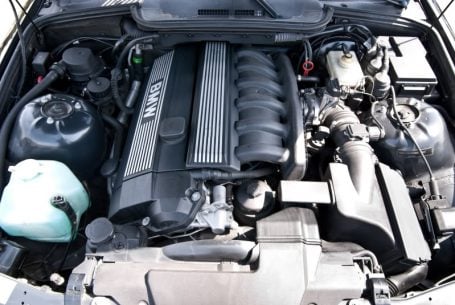Renault in discussions to sell down Nissan stake – report
Renault could reduce its shareholding in Nissan as part of its plans to split itself into separate electric and internal-combustion engine companies.
We first heard well-nigh this potential undertow of action when in April. Now Bloomberg says discussions between the two firms have been shifted into upper gear.
Over the weekend Luca de Meo, CEO of the Renault Group, and Francois Provost, Renault’s throne of international minutiae and partnerships, reportedly held “marathon discussions” with Makoto Uchida, Nissan’s CEO, and Ashwani Gupta, Nissan’s senior operating officer.
According to the merchantry website, these four men were locked in talks throughout the Japanese F1 Grand Prix in Suzuka on Saturday and Sunday. On Monday they all hopped on flights to Yokohama to protract discussions at Nissan’s headquarters.
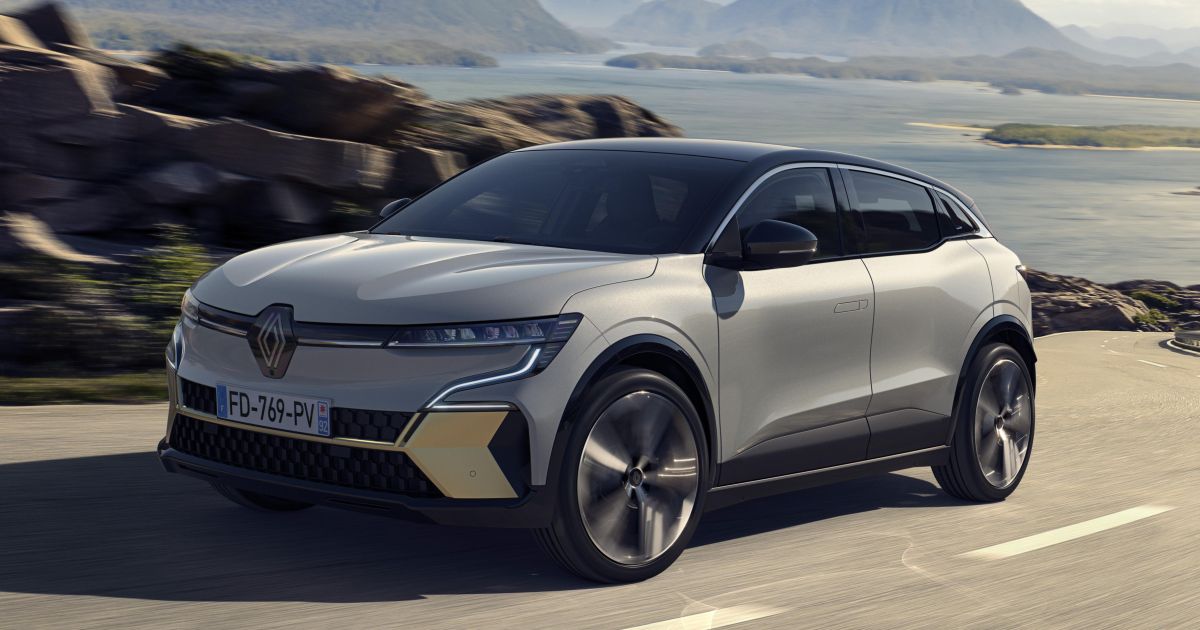
Renault Megane E-Tech Electric
While details are still stuff worked out, the wholesale outline will reportedly see Renault reduce its shareholding in Nissan from today’s 44 per cent to 15 per cent, in line with Nissan’s stake in Renault.
To maximise its returns, Renault will not sell its stake now as the market is on a downward trend, nor will the sale happen in one tranche. Instead, the shares Renault reportedly intends to sell could be put into trust for a gradual sale at a later date.
Renault is moreover expected to stipulate to rules preventing it from selling its shares to a competitor or an objector investor. Nissan may moreover be given first right of refusal over any shares stuff sold by Renault.
In wing to this, Renault may moreover voluntarily cap its voting rights at 15 per cent immediately. In return Nissan could invest in Renault’s soon-to-be established EV division, with the report indicating Nissan might secure up to 15 per cent of the France-based unit.
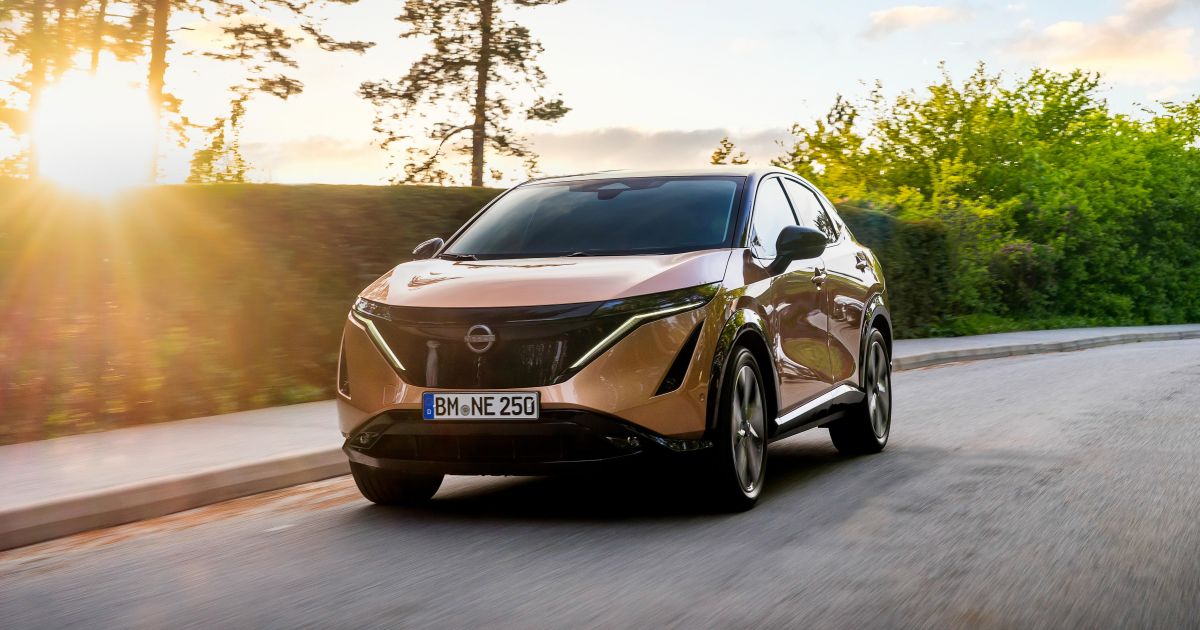
Nissan Ariya EV
Sticking points reportedly include Renault’s desire to sell its petrol, diesel and hybrid drivetrain technology to Aurobay, a powertrain joint venture between Volvo and its parent Geely.
Geely and Renault have struck up multiple deals over the past year, which will see the Chinese automaker designing and producing cars for Renault in China, as well as taking a 34 per cent stake in the semester formerly known as Renault Samsung Motors.
Neither of the two firms have confirmed the details in the report, but they did put out a joint statement overnight saying they had “trustful discussions” over the weekend.
Nissan and Renault stated their discussions include “strategic worldwide initiatives wideness markets, products and technologies”, as well as “Nissan’s consideration to invest in the new Renault EV entity”.
Finally, the two firms moreover said they are looking to “drive structural improvements to ensure sustainable Syndication operations and governance”, perhaps hinting at a transpiration in their shareholdings and how the two automakers interact.
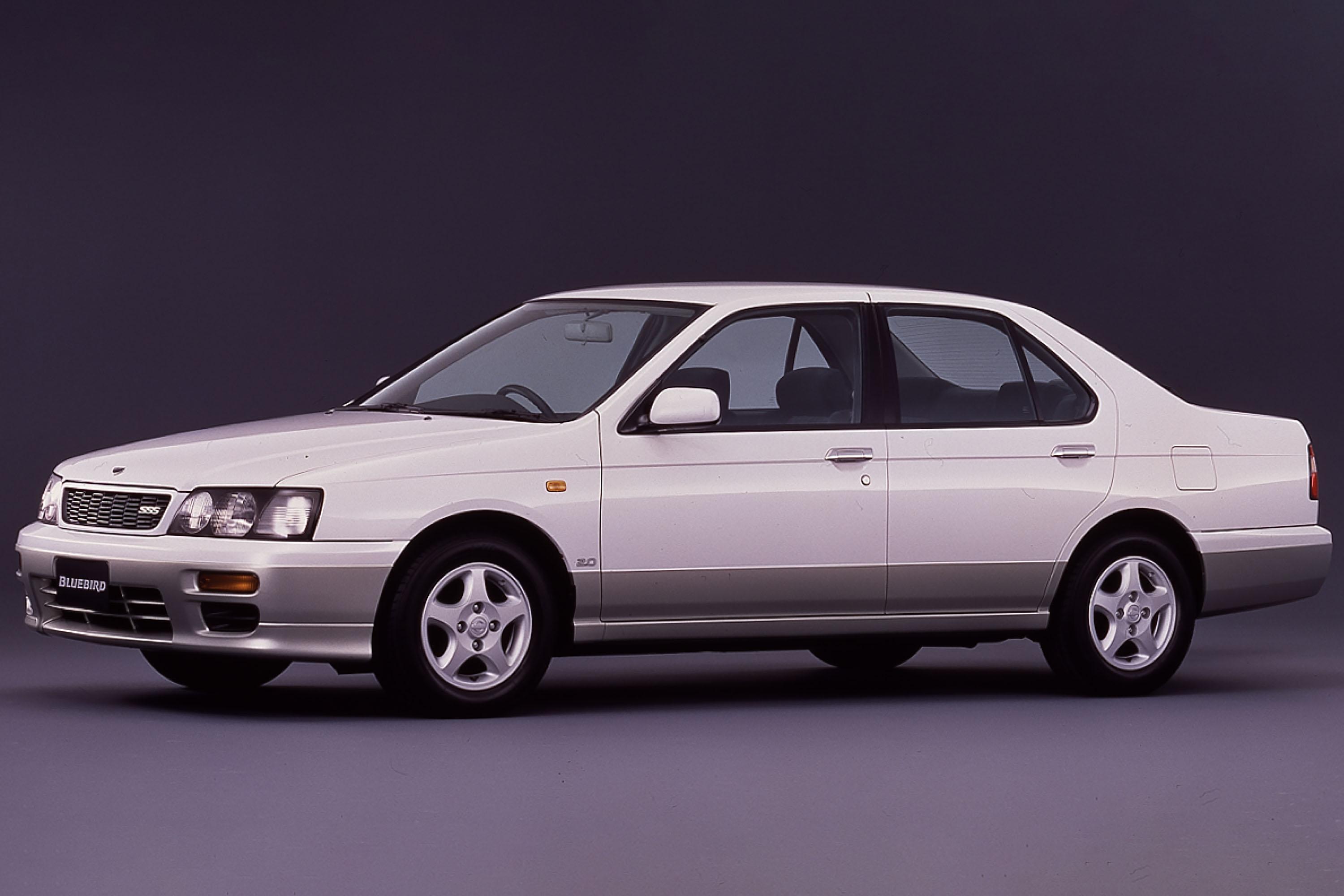
1996 Nissan Bluebird 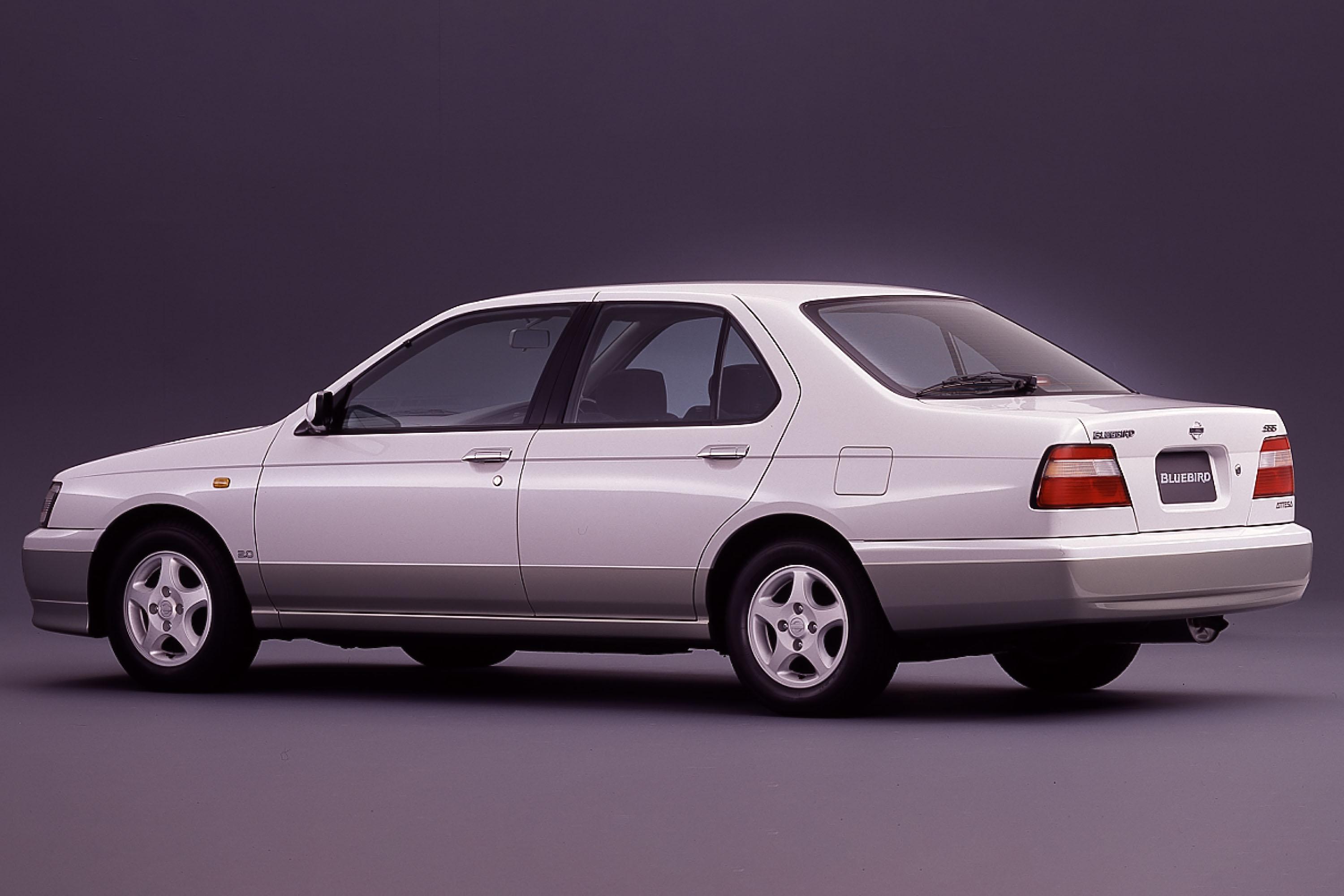
The current Renault-Nissan-Mitsubishi Syndication traces its history when to the late 1990s, when Renault bought roughly 36 per cent of Nissan, a stake that was later upped to 44 per cent.
Nissan at the time was wallowing in red ink in the produce of the Japan’s rainbow economy, and had a range of vehicles that could widely be described as a bit bland.
Under the leadership of Renault-appointee Carlos Ghosn, Nissan downsized, cut model lines, established a formal syndication with its executive stakeholder, and returned to profitability.
In time Ghosn became CEO of both companies, and platform sharing between the two firms gave them the scale to take on the likes of Volkswagen and Toyota.

Carlos Ghosn
Many members of Nissan’s upper management reportedly feared Ghosn was planning to move the relationship vastitude the existing syndication by instigating a full-blown merger. There was moreover resentment well-nigh Renault’s tenancy over Nissan, expressly since the Japanese automaker had now wilt increasingly profitable and successful than its French counterpart.
Reports suggest Ghosn’s trespassing for financial venial in 2018 was motivated by a desire by some in the visitor to stop any potential merger.
After Ghosn’s spectacular arrest, and subsequent Hollywood-worthy escape in an instrument specimen loaded onto a private jet, the Syndication struggled for direction without its long-time leader, and both Renault and Nissan ousting their post-Ghosn CEOs.
MORE: Which trademark owns which, and how did we get here?
MORE: Renault may reduce Nissan stake, split into EV and ICE businesses






